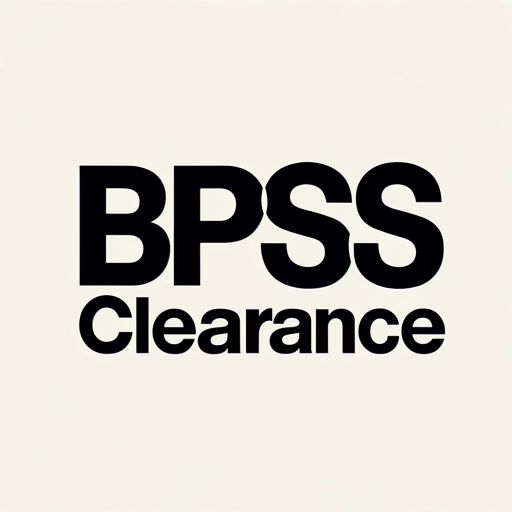A Baseline Personnel Security Standard (BPSS) check is typically required for individuals working in roles that involve access to sensitive information or facilities, particularly within the public sector but also in some private sector positions. While specific requirements may vary depending on the organization and the nature of the role, BPSS checks are commonly needed for individuals who:
- Work in government departments or agencies where access to sensitive information is required.
- Handle classified or confidential information.
- Work in roles involving national security, defense, or intelligence.
- Have access to secure government facilities or infrastructure.
- Work in roles where safeguarding sensitive data or assets is paramount.
- Work with vulnerable populations, such as children or vulnerable adults, where ensuring trustworthiness and suitability is essential.
- Are contractors, consultants, or temporary staff working on government projects or in sensitive environments.
In summary, individuals who require a BPSS check are those whose roles involve a level of trust, responsibility, and access to information or facilities that necessitate verification of their identity, employment history, and suitability for the position.





